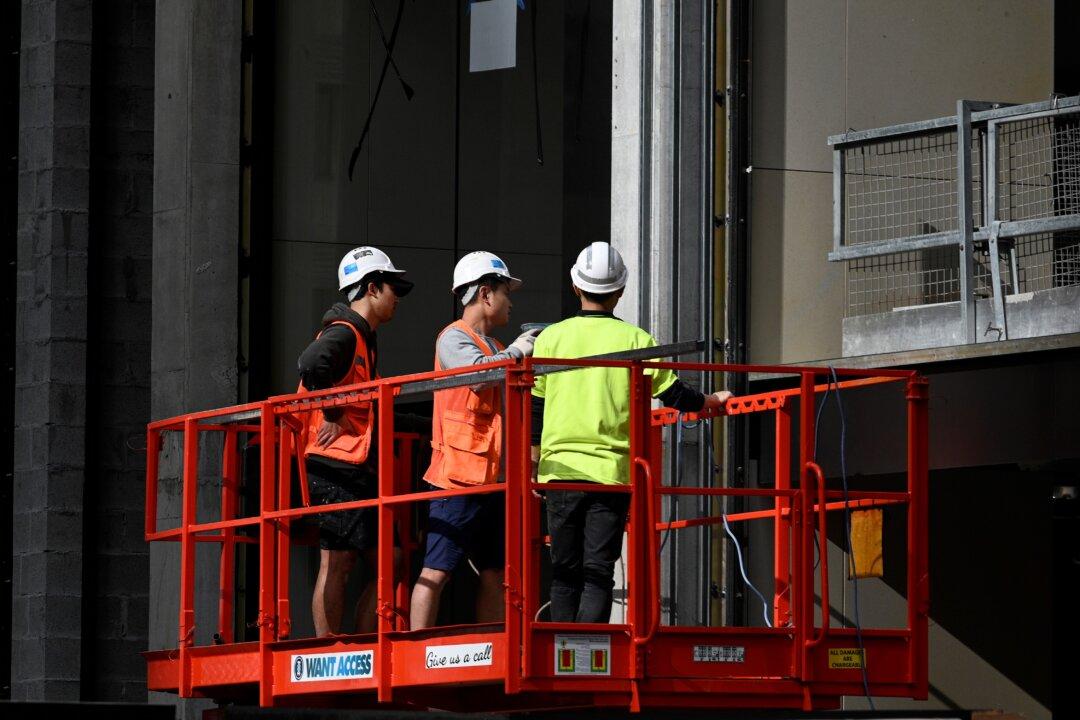A Senate committee is calling for the criminalisation of wage theft to end the “shameful” practice that often targets vulnerable and low-skilled workers.
The Senate Economics References Committee, which is led by the Labor party, has released a report detailing the current situation of wage theft in the country and proposing measures to tackle this persisting problem.





